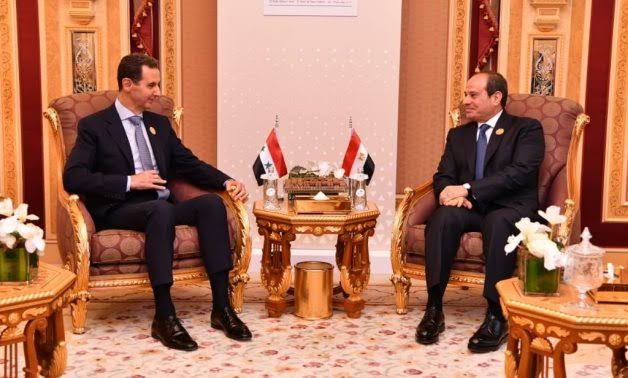Cairo: The recent fall of Bashar al-Assad in Syria has sent shockwaves through the region, with Egyptian President Abdel Fattah el-Sisi displaying growing apprehension about his regime’s stability. In a carefully orchestrated address to military leaders and journalists, Sisi distanced himself from Assad, claiming, “My hands are not stained with anyone’s blood.” However, the subtext of his remarks hinted at concerns about potential unrest in Egypt.
Sisi, who rose to power through a coup in 2013, has faced criticism for authoritarian practices, including the imprisonment of over 65,000 political dissidents. Amid an economic crisis and increasing public dissatisfaction, Sisi has relied heavily on invoking fears of civil war akin to Syria’s to suppress dissent. His regime’s narrative emphasises Egypt’s distinction from Syria, urging citizens to avoid destabilising protests.
State-aligned media and social campaigns have amplified this rhetoric, portraying opposition as a threat to Egypt’s stability. Additionally, crackdowns on Syrians in Egypt, including detentions and deportations, reflect growing insecurity. Celebrations by Syrian refugees over Assad’s fall were met with arrests, further underscoring the regime’s anxiety.
Analysts suggest that Egypt’s economic struggles, marked by widespread poverty and social inequality, mirror some of Syria’s pre-uprising conditions. Critics argue that Sisi’s lavish projects, such as the $3 billion presidential palace, juxtaposed against widespread poverty, risk alienating citizens.
The echoes of Syria’s experience loom large, raising questions about whether Sisi’s authoritarian grip can withstand mounting pressure for change.




